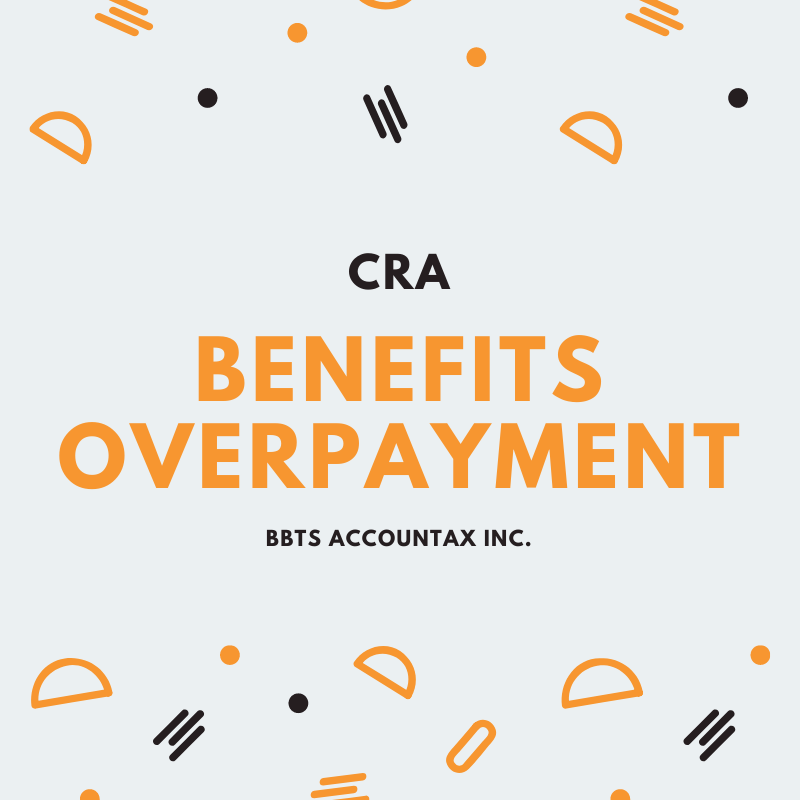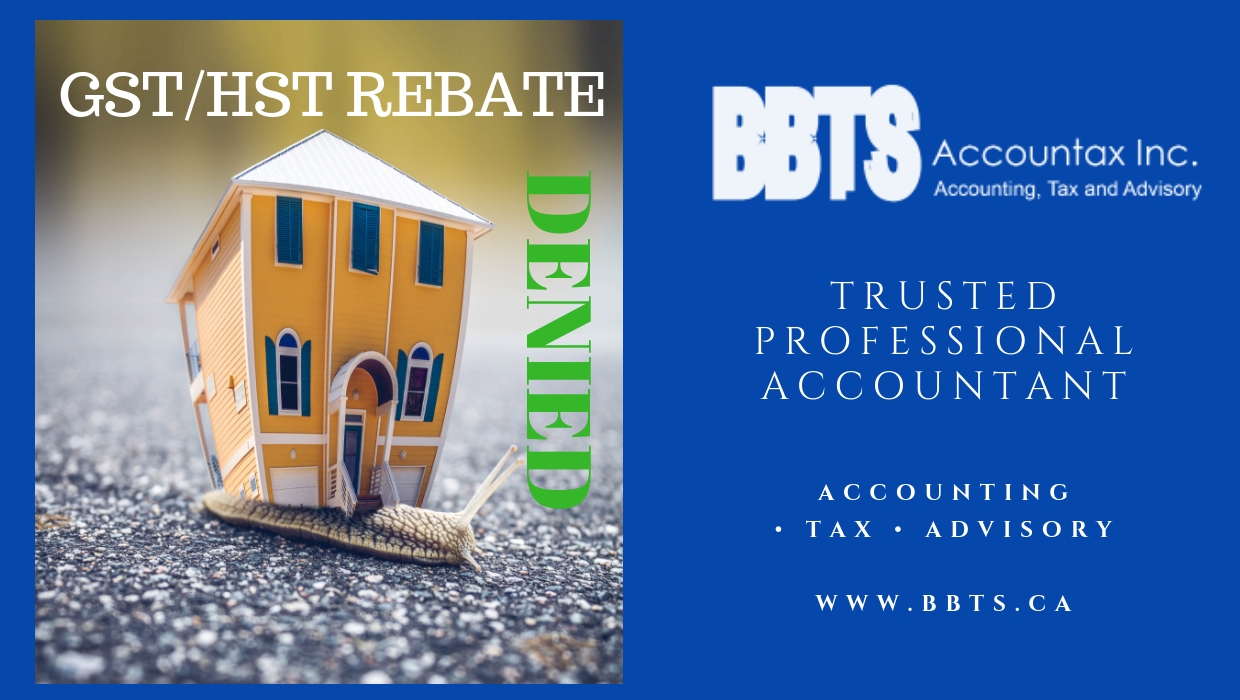When you get married, or start living common-law, it can impact your tax situation. Some of the changes occur immediately (e.g., your eligibility for the GST/HST credit and CCB).
What happens when your marital status changes?
- Your entitlement to the GST/HST credit changes since it is based on previous year “adjusted family net income”. Your adjusted family net income usually increases when you become married or common-law, so you might find that you no longer receive the GST/HST credit. If you are still eligible for the credit, only one of you will receive it, even if you were both receiving it before.
- Your entitlement to the CCB and the WITB change since these are also based on your previous year adjusted family net income.
GST/HST credit
Based on your previous year “adjusted family net income, if a recalculation shows you have been overpaid the GST/HST credit, the CRA will send you a notice with a remittance voucher attached to inform you of the balance owing. The CRA will keep all future GST/HST credit payments or income tax refunds until your balance is repaid.
Canada child benefit (CCB)
Based on your previous year “adjusted family net income, if a recalculation shows that you were overpaid CCB, the Canada Revenue Agency (CRA) will send you a notice with a remittance voucher attached to inform you of the balance owing. The CRA may keep all or a portion of future CCB payments, income tax refunds, or goods and services tax/harmonized sales tax (GST/HST) credits until your balance owing is repaid.
Working income tax benefit (WITB)
Based on your previous year “adjusted family net income, if the CRA overpaid your WITB advance payments, the CRA will notify you on your income tax and benefit return notice of assessment for the taxation year in which you were overpaid. WITB advance payment overpayments will be collected with any amount owing on your income tax and benefit return.
Until your balance is repaid, the CRA may keep all or a portion of any future WITB advanced payments that you apply for and any income tax refunds or goods and services/harmonized tax (GST/HST) credits.
It’s important to let the CRA know when your marital status changes. You can do this through My Account, by phone, or by filing a form RC65. You must also accurately report your marital status when filing your tax return—even if you don’t really feel like you’re living common-law.


